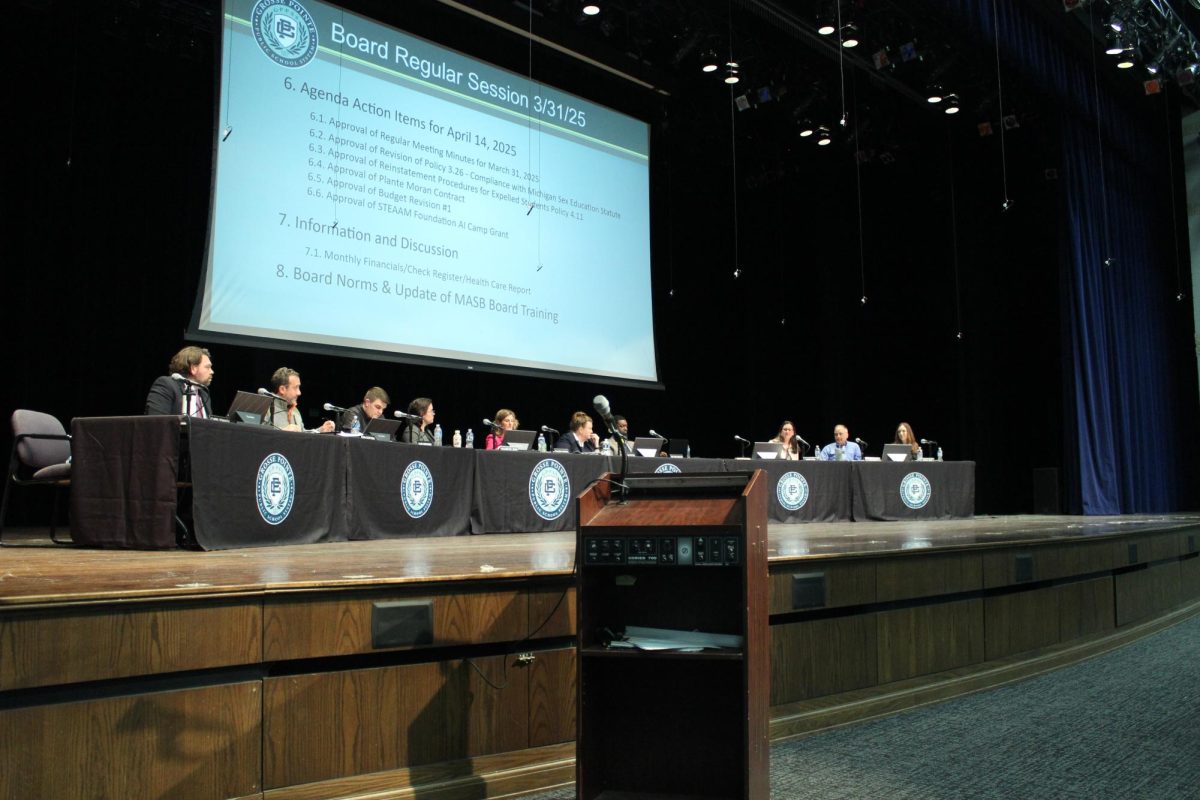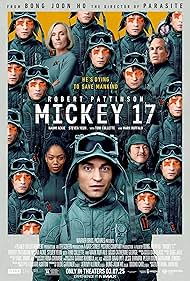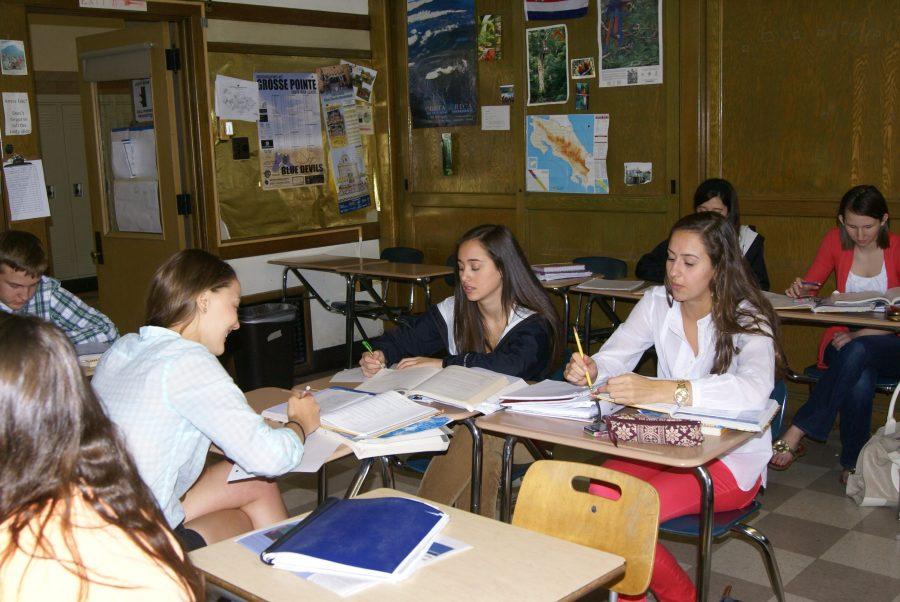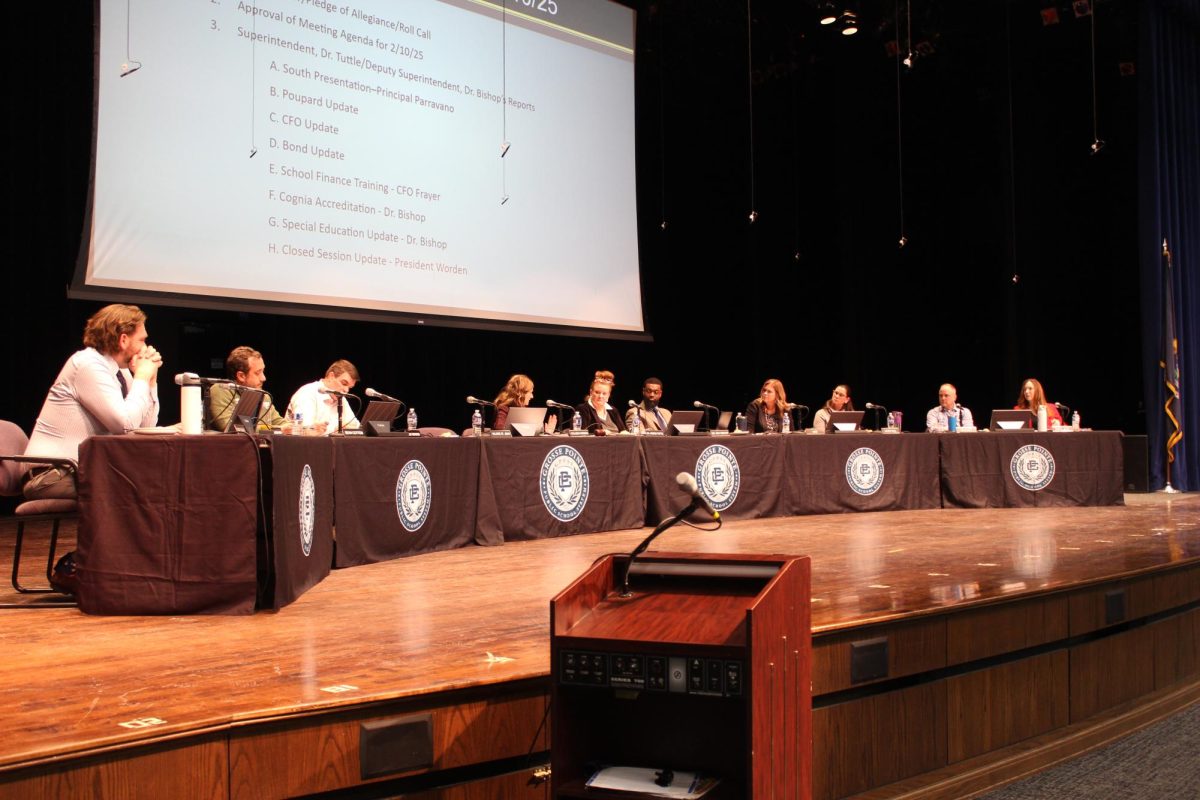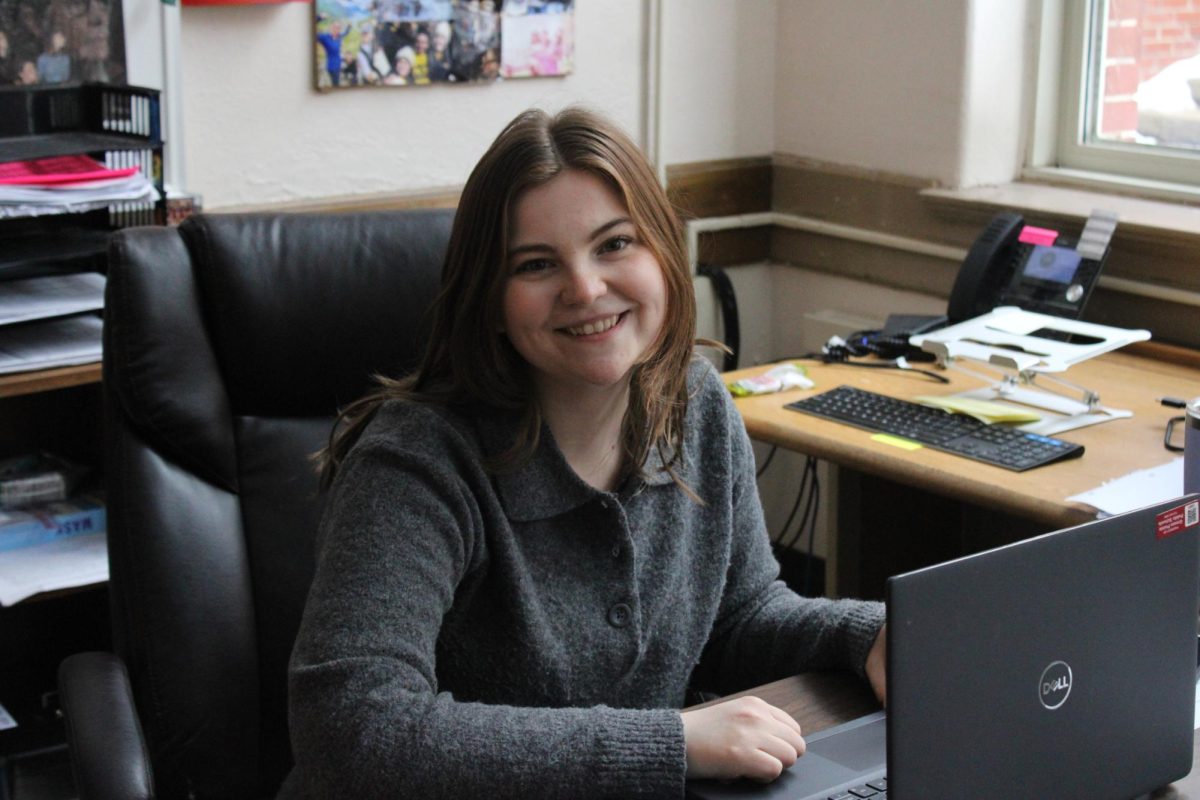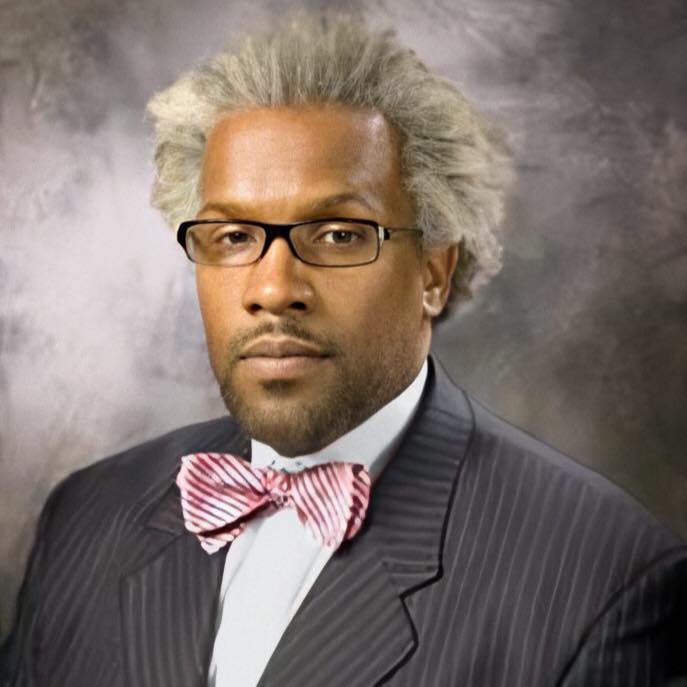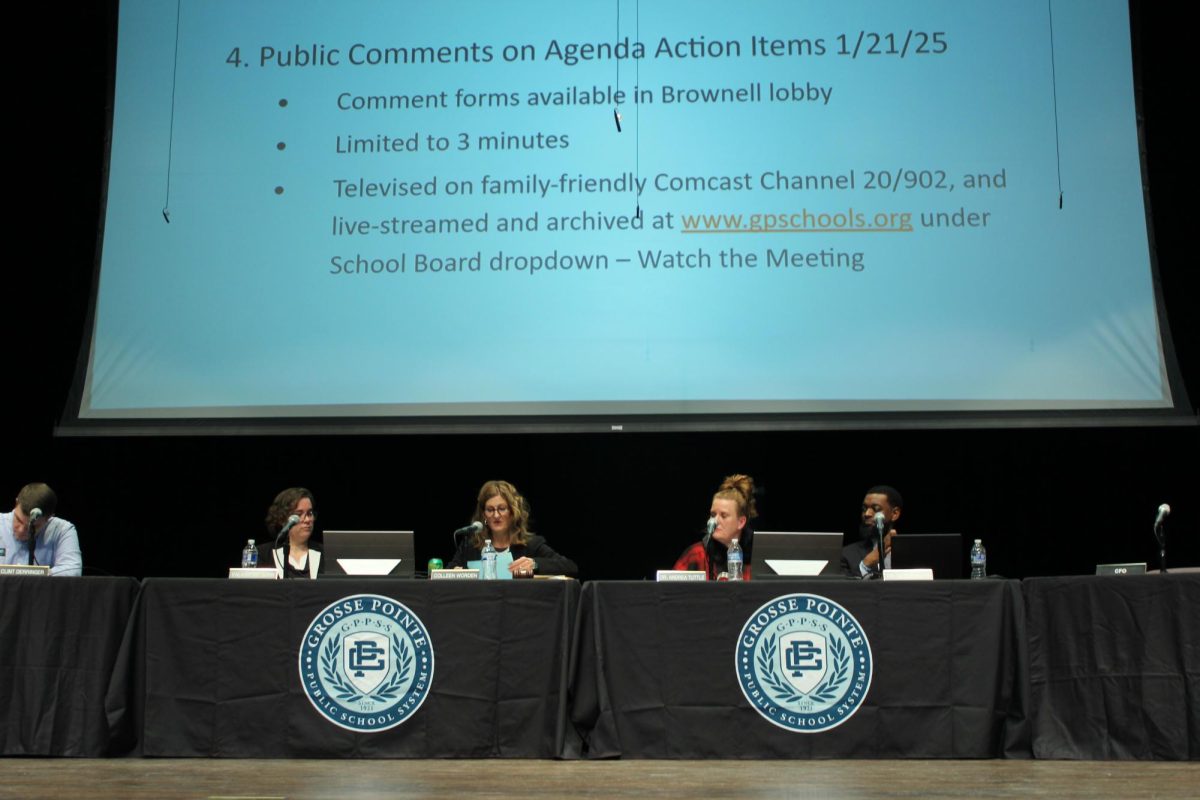Marissa Day ’14 | Copy Editor
With five levels of Spanish, 23 sections of Spanish classes, and an average of 28 students in each class, there are bound to be some roadblocks with the language for students. This problem has been ongoing for four years, Spanish teacher Kimberly Truza said.
“We’re going to be having lots of students with needs, and we have to find a way to make that work,” said Truza. “One teacher with such big class sizes can’t reach every single student, so we need to tap into the resources we have, which is the (Spanish National) Honors Society.”
Beginning this year, the department now has the administration’s approval to move forward with tutoring sessions hosted by the Spanish National Honor Society. With over 100 students in the program, Spanish teachers will have students in SNHS tutor students at levels one through three. Teachers have attempted organizing tutoring sessions the last four years, but this is the first time it went through.
“We’ve tried the past four years to get it (the program) moving,” said Truza. “We’ve run into trouble just logistically; we haven’t been able to get the word out.”
Administrative issues haven’t been the only challenge for getting tutoring ready, but reaching students as well, Truza said. Both the tutors and the students who need help haven’t been easily accessible and many did not show up to sessions in the previous attempts.
“It’s like herding cats,” said Truza, “(We’re) trying to get everyone all in the same place for help to happen because we’ve got a really strong Spanish program and we all (teachers) see struggling students every year.”
A problem with SNHS is that once a student is inducted, they are never dismissed from it, Truza said. Because of this, some students aren’t taking it as seriously.
“Motivating the Spanish Honor Society students to do (tutoring is a problem) because unlike the National Honor Society, we don’t kick anybody out, so you don’t have to have service hours,” said Truza.
The biggest issue with students who are receiving poor grades in their Spanish class is that they are too afraid to talk to their teachers, said Truza. With tutoring sessions, the SNHS’s goal is to let students know that both teachers and students are there to help.
“I think that if there was an actual Spanish tutoring club or class after school, I probably would have stayed in Spanish,” said former Spanish student Josh Alexander ’13 . “In all honesty I probably would have improved if there was (tutoring).”
There has never been a requirement for tutoring, but due to graduation requirements, tutoring students has become even more prevalent, Spanish teacher Cindy Morefield-Pinder said. Because students now need to have two years of a foreign language to graduate, Spanish teachers hope that students’ grades will improve through student tutors.
“We’re hoping that we fill a need so that we don’t lose a lot of students,” said Morefield-Pinder. “My personal experience is that kids don’t always feel comfortable getting extra help from their actual teacher.”
One of the biggest issues Spanish teachers noticed is that students are too afraid to approach teachers, Morefield-Pinder said. With students controlling most of the program, the hope is that students find asking for help easier.
“I prefer students (tutoring me) just because I like hearing their different studying techniques,” said Alexander, “and with teachers it’s just kind of weird (asking for help), I just prefer students.”
Through tutoring, students might learn new studying techniques, and sessions could be just the thing they need. Tutoring sessions bring students together regardless of their level, and everyone has gone through the same feelings of frustration with the language, Truza said.
“For those students who are coming into Spanish struggling, they know that they are supported by the teaching staff, but also by the Honors Society,” said Truza. “They don’t have to feel lost and say ‘I’m just gonna deal with a D for the whole year,’ there’s somewhere where they can go to get help.”
Tutoring sessions are held every week on Wednesday mornings in the Language Lab with Mrs. Morefield-Pinder from 7:15-7:45 a.m., and Thursday afternoons in room 242 with Mrs. Truza from 3:15-3:45 p.m. Students do not have to be in SNHS to tutor, and students in SNHS can use this opportunity for service hours for another program such as NHS, Truza said.

